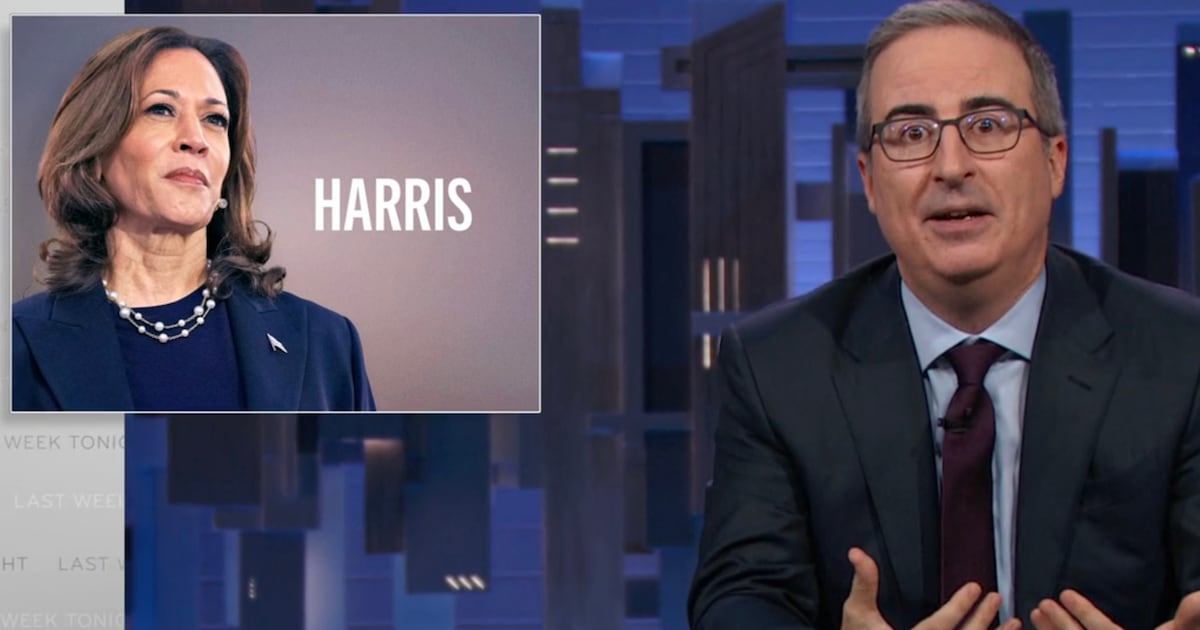In the “everything old is new again” conveyer belt of reboots, revivals, and comebacks, finicky fans often use the same shorthand review to alternately praise and condemn the return of a favorite pop culture tenet: “It’s just like the old version.”
Has the reboot altered the fabric of what made the show great in the first place? Modernized it for a new generation? Tinkered with the tone or format? No? Great! That’s what we loved! But also: boo! We’re different people now and the show should reflect that!
It’s that impossible-to-please ethos that makes Jerry Before Seinfeld, Jerry Seinfeld’s first of two Netflix specials as part of his eye-popping $100 million deal and ostensible reboot of his stand-up comedy career, so frustrating. Seinfeld hasn’t changed. Hooray! And ugh.
ADVERTISEMENT
The hour-long special takes the world’s highest-paid comedian back to humbler times, to his first stand-up sets at The Comic Strip Live—his first set there was in 1976—where and when he honed the material that would land him a 1981 spot on The Tonight Show with Johnny Carson and eventually inspire his game-changing self-titled sitcom.
There’s some grainy home video footage of Seinfeld’s early sets as well as his life growing up in Massapequa, Long Island, and some navel-gazing narration in which Seinfeld takes us through past haunts. That’s all only marginally interesting, owed to Seinfeld’s characteristically superficial veil of openness and limited candor.
The nostalgia, instead, is supposed to come from the comedy.
Whether he’s retelling the very first joke he ever told on stage—a bit about why left-handed people don’t like that the word “left” is associated with negative things—or trying out some new material, the humor is so classically Seinfeld-ian that you might feel like you’ve been transported to the ’90s and the simplicity of a time when you thought airplane peanut jokes were hilarious. That, or you’ll be wondering “what’s the deal” with the comedy being so dated.
For better or worse, Seinfeld is still master of his domain, getting off on material so on-brand it could even veer into self-parody: observational curios that amount to a feast of enjoyable, if empty calories—like, heh, an endless buffet of airplane peanuts.
Bits marveling about why we say “in the city” but “on Long Island,” or why socks disappear in the laundry, earn the same chuckle today they would’ve decades ago, indicating that perhaps they’re timeless but hardly timely.
Certainly, none of them would work if it weren’t Seinfeld delivering them—his signature high-pitched shrieking parlance during a bit about ineffectual New York City street cleaners earns raucous laughter from him simply shouting, “We’re living in filth!” which, really, isn’t even a joke.
It’s bespoke comedy, perfectly tailored for Seinfeld to deliver. Only, now that he can afford the finest designer tuxedos, it’s disappointing to see him recycling bargain Brooks Brothers material.
All these years later, and all that money richer, Seinfeld is still doing comedy about nothing. The question is whether that still works today when everything, even Jerry Seinfeld jokes, is mandated to stand for something. (A closing bit about how we shouldn’t be surprised that a president might be crazy because anyone who has the notion that they could be qualified to lead the free world is insane is the closest he gets, and you’d be hard-pressed to consider that the fodder of thinkpieces.)
But again, that’s the exasperating thing about Jerry Before Seinfeld. The retro humor works, until it doesn’t.
A well-crafted segment about how children dealt with boredom when he was growing up—by collapsing on the floor—kills. “When you’re 5 and you get bored, you cannot support your body weight,” he jokes. “Adulthood is the ability to be totally bored and remain standing.” As does one about a rite of passage being when you’re no longer afraid to tinker with the thermostat.
But then there are the times when the gags too odiously carry the whiff of privilege (what did public notaries do to deserve such savage skewering?) or, more problematically, reflect a comedian who is out of touch with the times.
Would anyone expect Jerry Seinfeld to be “woke”? Maybe not.
But whether he’s deep into a cringe-y monologue about how all young men should understand the power of a bouquet of flowers (“If there were no flowers, the earth would be populated by men and lesbians!”), or equating coming out to his parents as a comedian as a “gay closet moment,” he’s revisiting a style of comedy that passes muster as a timepiece on a TV show made in a certain time, but in today’s day and age might have people complaining that there really is something wrong with that.
That might be the crux of the problem with Jerry Before Seinfeld. It’s certainly pleasant, and anyone who is a fan of his will chuckle their way through it. But it’s unclear what we’re being sold here.
Presented as a sort of origin story for this comedy superhero—at least to the extent we can consider syndication deals superpowers—there’s a glaring lack of intimacy or insight. Outside of cracking about how he lived off The Comic Strip’s free hamburgers, there’s little glimpse into his struggling years, and while he fleetingly mentions the seedier New York City he came up in, his experience during that time and place is detailed with all the specificity of rudimentary stage directions.
More, Seinfeld’s Netflix deal is the centerpiece of a massive stand-up campaign from Netflix, involving truckloads of money and flanking the comedian with the likes of Amy Schumer, Louis C.K., Chris Rock, Sarah Silverman, and Dave Chappelle.
He certainly stands out in that group of people in terms of style of comedy, embracing nostalgic humor in favor of cultural commentary.
But, also in contrast to those comedians—and the up-and-coming alongside marquee names, part of a staggering commitment to at least one new stand-up special every week for the entire year—Seinfeld’s comedy might be about nothing, but it also reveals nothing. We learn nothing about his perspective on parenting, on relationships, on sex, on getting older, on the world today. Just that he ate a lot of sugary cereal when he was a little boy.
What is interesting about Jerry Before Seinfeld is examining it as a case study for what kind of comedian Seinfeld will be as he gets older. His material isn’t dated, but it definitely isn’t fresh. He vents about generational differences, but he’s not quite at the Don Rickles cranky old man phase yet either. He seems to be at an awkward crossroads, and we bet “awkward” isn’t the intended description of a $100 million deal.





